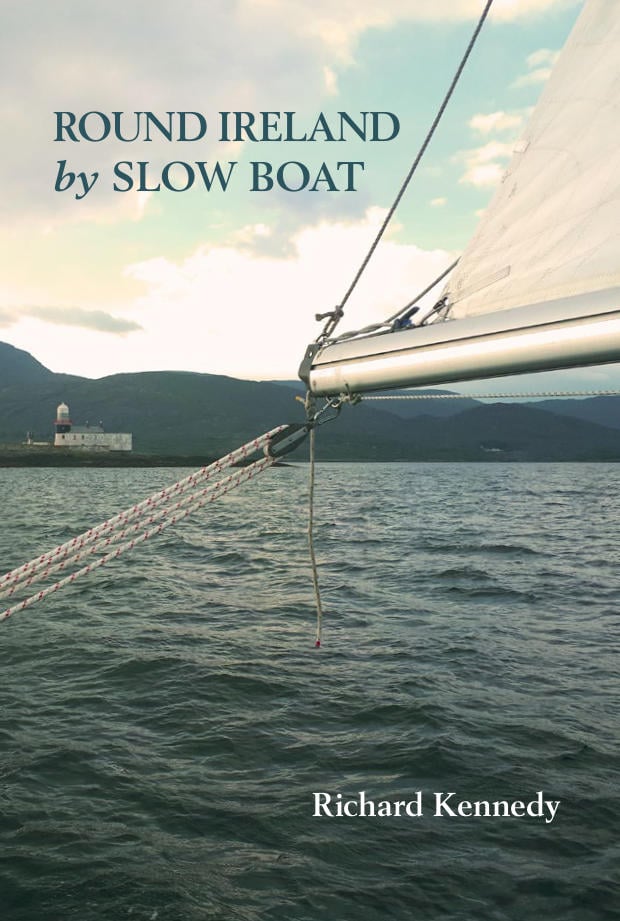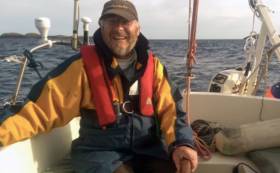Displaying items by tag: Round Ireland by Slow Boat
‘Round Ireland By Slow Boat’ Recounts A Five-Month Odyssey Around A Country Rarely Seen
Richard and Rita Kennedy’s sailing trip around Ireland was meant to be a 10-week journey. It ended up an odyssey spread over two summers.
But the time was more than well spent, as their leisurely sail became an exploration of an Ireland rarely experienced.
And now the voyage is recounted in a new book which launches in Birr, Co Offaly this Friday (6 September).
Round Ireland by Slow Boat is based on a detailed diary kept by Richard Kennedy as he and his wife set out on their sailing boat Seachrán on what was intended to be a “dream sailing journey” — and eventually became much more than that.
“It is also the story of the landscapes and seascapes we encountered, our adventures and misadventures, and the people we met in the many coastal communities around our shores,” he says.
“It was an unhurried journey, taking five months in total, and in that time we experienced, almost universally, the often unseen kindness of people.”
The charming story also recounts the “formidable challenges mingled with moments of wonder and serendipity” as they followed the island’s meandering coastline, taking in its varied environments and people.
Round Ireland by Slowboat is published by Throughthechair Publishing, priced €15, available from RoundIrelabdBySlowBoat.net






























































